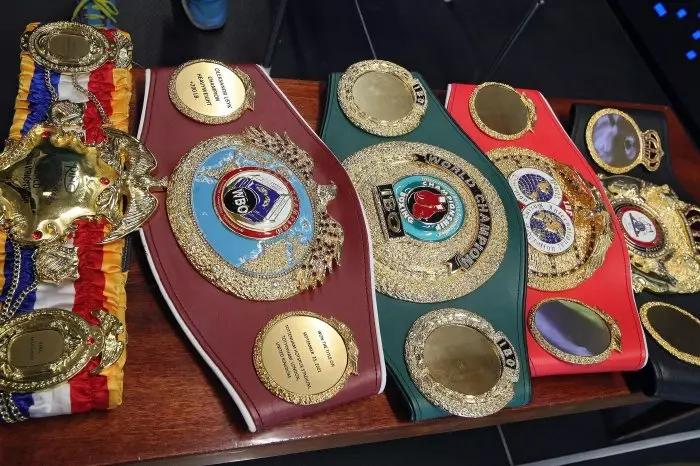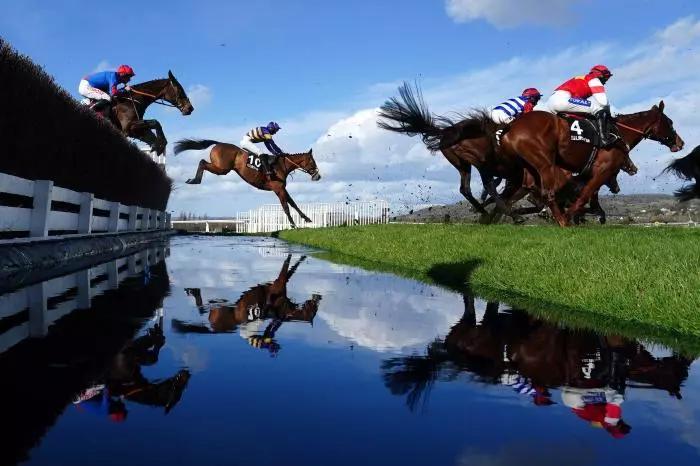Deportation, defaults and more - Five recent Novak Djokovic controversies

As Novak Djokovic awaits his fate in Melbourne, we explore his other recent controversies.
After initially winning his appeal, the world No.1 was allowed to remain in Melbourne and looked set to take part in the Australian Open this month. But, a statement from the Australian Immigration Minister on Friday stated the government's intention to cancel Novak Djokovic's visa once again, leaving him unable to defend his title.
Djokovic is no stranger to controversy but the astonishing drama surrounding the deportation that leaves him unable to defend his Australian Open title is perhaps the greatest yet.
Accusations of faking injury
Djokovic has proven himself to be one of the fittest athletes in the world, although that ability to appear like he is defying medical science has caused suspicion before.
Roddick is not the only player to cast accusations at Djokovic, though. At the 2020 French Open Pablo Carreno Busta was in ascendancy before a medical time-out was called by the Serbian.
In Djokovic's defence: As revealed in his autobiography, early in his career he had not yet identified a gluten intolerance and as a result his energy levels were affected in longer matches.
Adria Tour COVID outbreak
After the initial outbreak of Covid-19 in 2020, tennis found itself unable to carry on safely and was forced to suspend the ATP and WTA Tours for a number of months.
Of course, the inevitable happened and there was a major Covid-19 outbreak at the event after players were photographed in nightclubs and playing basketball together.
Djokovic himself tested positive for the virus, as did his wife, coach Goran Ivanisevic, and many of the event's staff members. The tour was cancelled and Djokovic was cast in the role of irresponsible super-spreader for the lack of safety protocols.
In Djokovic's defence: While the US, Australia, and much of Europe was in a total lockdown, the same could not be said for the countries in which the Adria Tour was held.
US Open disqualification
In the early rounds he looked comfortable, but Pablo Carreno Busta gave him a tough first set in the fourth round. After failing to salvage it, Djokovic hit a ball away in frustration and it struck a female line-judge in the throat. Djokovic was defaulted from the tournament.
In Djokovic's defence: It was clear that Djokovic was as shocked as anyone else by the incident and immediately remorseful.
There can be no doubt that it was an accident borne of frustration rather than the assault borne or malice that many of his detractors wanted to claim it to be at the time.
Public anti-vaccination stance
It was no real surprise, then, that the Serbian has taken an anti-vaccination stance since the Covid-19 pandemic.
Obviously events this week have shown that his choice was very much to be anti-vaccine, so perhaps it amounts to the same, and his detractors claimed it was irresponsible for a figure of his influence to publicly denounce vaccination in the middle of a global pandemic.
In Djokovic's defence: It's tough to find any defence here, although ultimately many, probably most, will agree that vaccination should indeed be a personal choice.
Deported from Australia
Djokovic's choice not to get vaccinated appears to have come with some consequences as it could see him denied the chance to defend his Australian Open title. That may end up costing him his world number one spot too.
The Australian prime minister got involved too, tweeting that 'rules are rules' and Djokovic had simply failed to follow them so would be treated the same as anyone else.
Djokovic then started preparing for the event, but the Friday before it was due to start the Australian government issued an executive order to cancel his visa again.
In Djokovic's defence: Djokovic was not the only player who applied for a medical exemption to enter the country without vaccination and not the only successful one either.

















